
We’ve all been there—reading the Bible and stumbling upon a passage that just doesn’t seem to make sense. Some questions feel almost taboo to ask. This article explores 10 of these difficult questions, providing some explanations without the complicated jargon. Let’s get started.
Contradictory Genealogies Of Jesus

The Gospel writers Matthew and Luke present two different family histories for Jesus that have sparked discussion for centuries. One traces Jesus through King Solomon, while the other follows Solomon’s brother Nathan. Biblical scholars have long debated these varying accounts, with some suggesting they represent Joseph’s and Mary’s separate lineages.
Temple Vessels Returned By King Cyrus
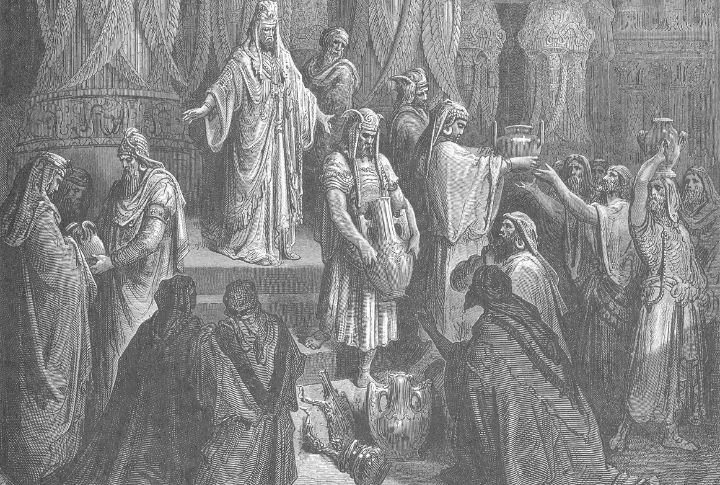
Turns out math mistakes aren’t just modern problems—Ezra’s vessel count doesn’t add up, and many have been scratching their heads about it for ages. The text provides a specific inventory of 2,499 items returned by King Cyrus, but states a final total of 5,400. This significant difference, even accounting for 1,000 extra devices, remains a subject of historical debate.
Levite Cities – 11 Or 13?
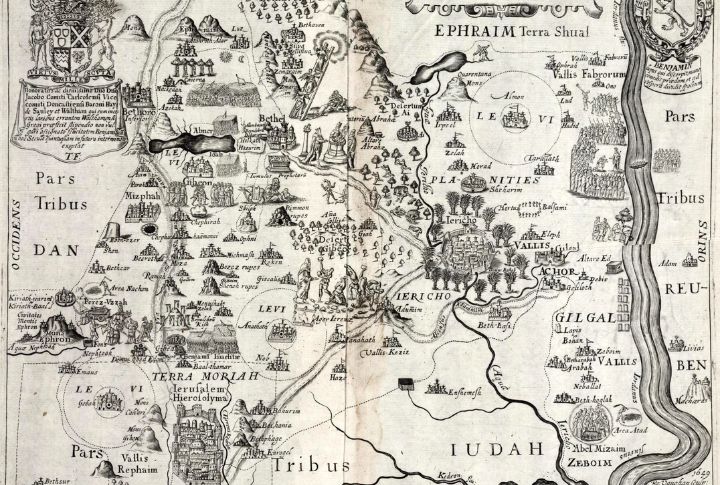
The numbers just don’t add up in the Levite cities count. Although Chronicles promises 13 delivers 11, Joshua lists a different set of 13. These ancient texts share Hebron as a common point but diverge on other locations. So, modern readers share the same confusion their ancestors likely felt.
David’s Census: God Or Satan?

David’s census forces readers into a hard question: who truly drives human actions—God, Satan, or both? One account points to God’s anger, another to Satan’s provocation. Perhaps the answer lies in permission, not opposition, a reminder that scripture often resists tidy solutions, pressing us to wrestle with divine mystery.
David Buys The Threshing Floor
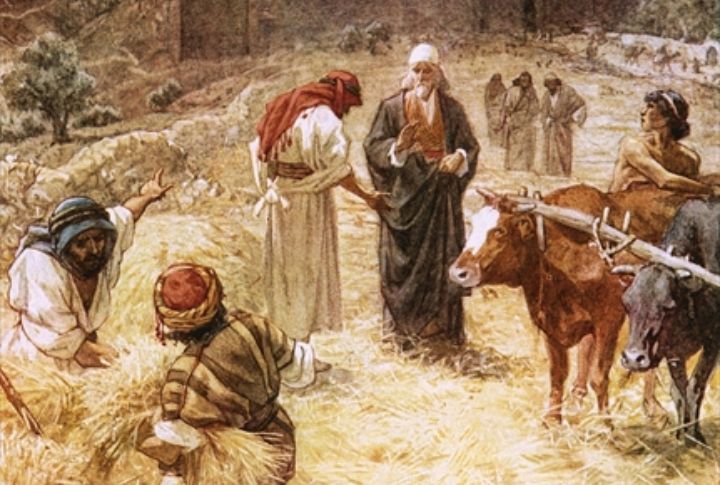
The cost of Araunah’s threshing floor remains a topic of discussion among Bible readers. Second Samuel reports a payment of fifty silver shekels, while First Chronicles mentions six hundred gold shekels. This sacred ground, which later hosted Solomon’s Temple, may have involved two different purchases – the floor alone and the larger property.
Number Of Famine Years After David’s Census

How long did the famine last after David counted the people? The books of Samuel and Chronicles disagree. 2 Samuel 24 specifies seven years of famine as punishment. 1 Chronicles 21, recounting the same event, gives three years. This has become a classic example of an apparent Bible contradiction.
The Timing Of Peter’s Denial
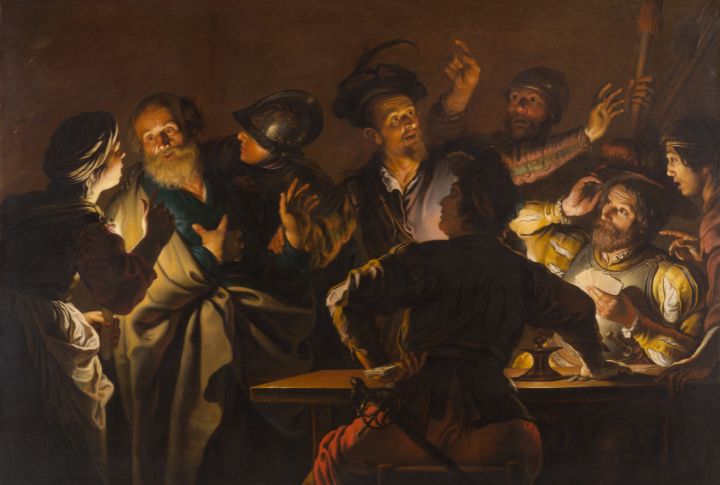
If you’ve ever read Peter’s denial story and felt confused by the rooster detail, you’re not alone. John says Jesus predicted three denials before the rooster crowed, but Mark mentions a crow after the first denial. Back then, roosters crowed multiple times each night—an easy clue that helps clear things up.
Jephthah’s Daughter And Human Sacrifice

The story of Jephthah and his daughter is heartbreaking. He vowed to sacrifice the first thing he saw upon returning home. This turned out to be his daughter. While Judges 11:29-34 details this, Leviticus 18:21 prohibits human sacrifice. God’s silence adds to the moral complexity. (49 words)
Does God’s Anger Last Forever?
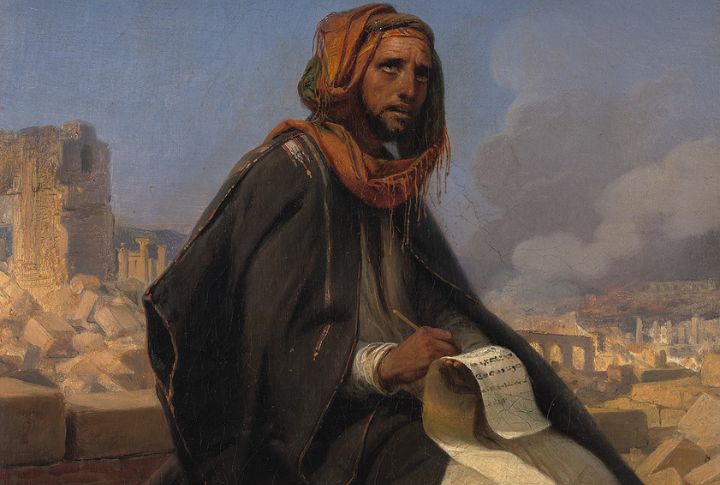
The Bible seems to offer conflicting views on God’s anger. Micah 7:18 assures us it’s temporary. Jeremiah 17:4, conversely, implies an eternal wrath for certain transgressions and it fueled many ongoing debates with many believing the seeming contradiction lies in how each passage applies.
Jesus’s Teachings On Nonresistance
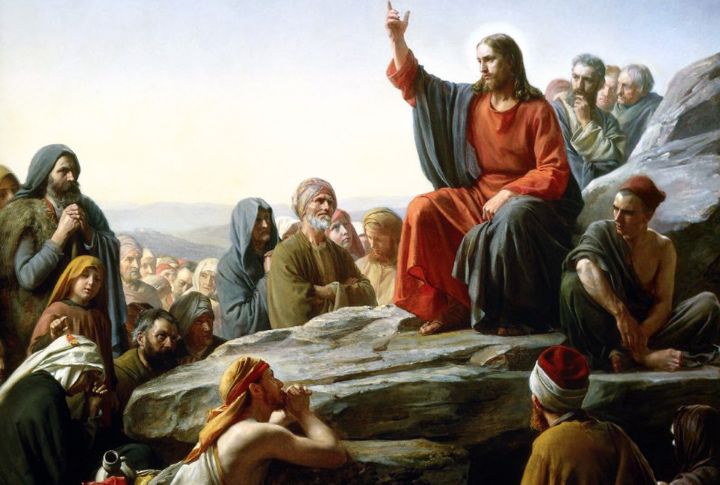
The concept of turning the other cheek, found in Matthew 5:39, is central to Jesus’s teachings on nonresistance. But Jesus doesn’t always embody pacifism. Matthew 21:12 even describes him overturning tables in the temple. This duality raises questions about acceptable responses to injustice, a topic still discussed today.

